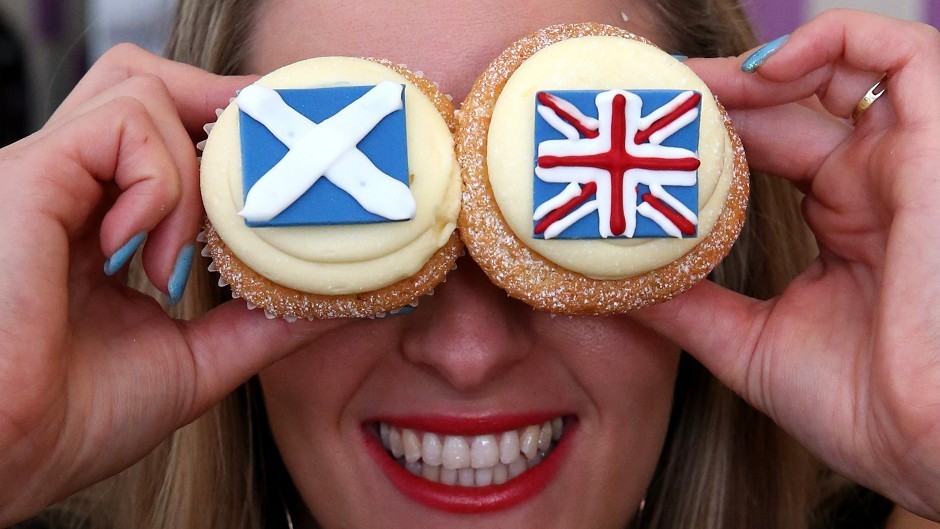Three former Scottish Secretaries have claimed voting for independence would be a “reckless gamble” that would result in a weaker and poorer nation.
Lord Ian Lang of Monkton, Sir Malcolm Rifkind and Lord Michael Forsyth of Drumlean said the value and the emotional appeal of the union was “far more compelling than the mirage of independence”.
Their remarks were ridiculed by SNP Finance Secretary John Swinney who claimed the No campaign had made a “major gaffe” involving Conservatives who had had a hand in introducing the poll tax to Scotland.
But the Tory grandees said the argument for separation was “built on a myth that sees Scotland as a deprived country, exploited by an uncaring neighbour”.
Lord Forsyth, who was Secretary of State for Scotland from 1995 to 1997, Lord Lang, who served from 1990 to 1995 and Sir Malcolm, who was in office from 1986 to 1990, issued a joint statement on why they thought people should vote No on September 18.
They claimed “now was not the moment for a reckless gamble and a leap into the unknown”.
The statement read: “From our knowledge gained in government, we maintain that the economic and financial case against breaking up the United Kingdom is so clear as to be unarguable.
“That any hope that with independence Scotland could achieve material or social objectives unavailable within the union is vain.
“And that the chance of Scotland maintaining in isolation the wealth and strength she enjoys as part of Britain is non-existent.
“We hold that the constitutional, financial and legal difficulties of unscrambling so integrated and successful a union as ours would be as complicated, damaging and heart-rending as breaking up any marriage can be.”
The two peers and MP asked: “Why dismantle our great success story and embark on a sea of uncertainty?”
Mr Swinney said: “The decision to draft in former Tory Scottish Secretaries is a major gaffe for the No campaign and the clearest sign possible of a campaign in utter disarray.
“These are the men who helped deliver the hated Tory Poll Tax to Scotland – something people in Scotland have neither forgiven nor forgotten.
“There could scarcely be a better argument for a Yes vote than the democratic deficit that these Tories represent.”
